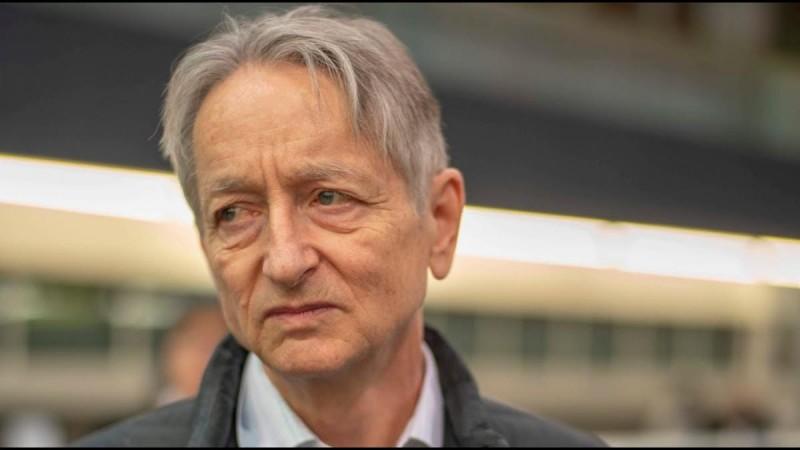Geoffrey Hinton, widely touted to be the Godfather of artificial intelligence has left Google, as he wishes to freely disclose the dangers associated with superintelligence.
Hinton made this decision after he served Google for more than a decade, where he acted as the master brain to develop AI systems such as ChatGPT.

"I left so that I could talk about the dangers of AI without considering how this impacts Google, Google has acted very responsibly," he tweeted.
Hinton, who is aged 75, also admitted that the irreversible age factor is another reason behind taking such a decision.
"I'm 75, so it's time to retire," said Hinton.
In a recent interaction with BBC, Hinton said that some of the dangers associated with chatbots are quite scary.
"Right now, they (chatbots) are not more intelligent than us, as far as I can tell. But I think they soon maybe," said Hinton.
However, he predicted that chatbots could soon overtake human consciousness levels.
"I've come to the conclusion that the kind of intelligence we're developing is very different from the intelligence we have. We're biological systems and these are digital systems. And the big difference is that with digital systems, you have many copies of the same set of weights, the same model of the world," he added.
Jeff Dean, one of the chief scientists at Google appreciated Hinton for his foundational breakthroughs in AI.
"We remain committed to a responsible approach to AI, we're continually learning to understand emerging risks while also innovating boldly," said Dean, CNN reported.
According to a New York Times report, Hinton's major breakthrough in AI came while working with two graduate students in Toronto in 2012. The trio successfully developed a system which could analyze photos and identify common elements, such as dogs and cars.
According to Hinton, AI could turn dangerous if it reaches the hands of bad actors.
"You can imagine, for example, some bad actor like [Russian President Vladimir] Putin decided to give robots the ability to create their own sub-goals," added Hinton.
He also fears that AI will upend the job market where initially human workers will be complemented, but later will get replaced.
A decade back, legendary British scientist Stephen Hawking had also warned that the rise of AI could spell an end to the human race.
"The development of full artificial intelligence could spell the end of the human race," Hawking told BBC.
He added: "It (AI) would take off on its own, and re-design itself at an ever-increasing rate. Humans, who are limited by slow biological evolution, couldn't compete, and would be superseded."









!['Had denied Housefull franchise as they wanted me to wear a bikini': Tia Bajpai on turning down bold scripts [Exclusive]](https://data1.ibtimes.co.in/en/full/806605/had-denied-housefull-franchise-they-wanted-me-wear-bikini-tia-bajpai-turning-down-bold.png?w=220&h=138)



